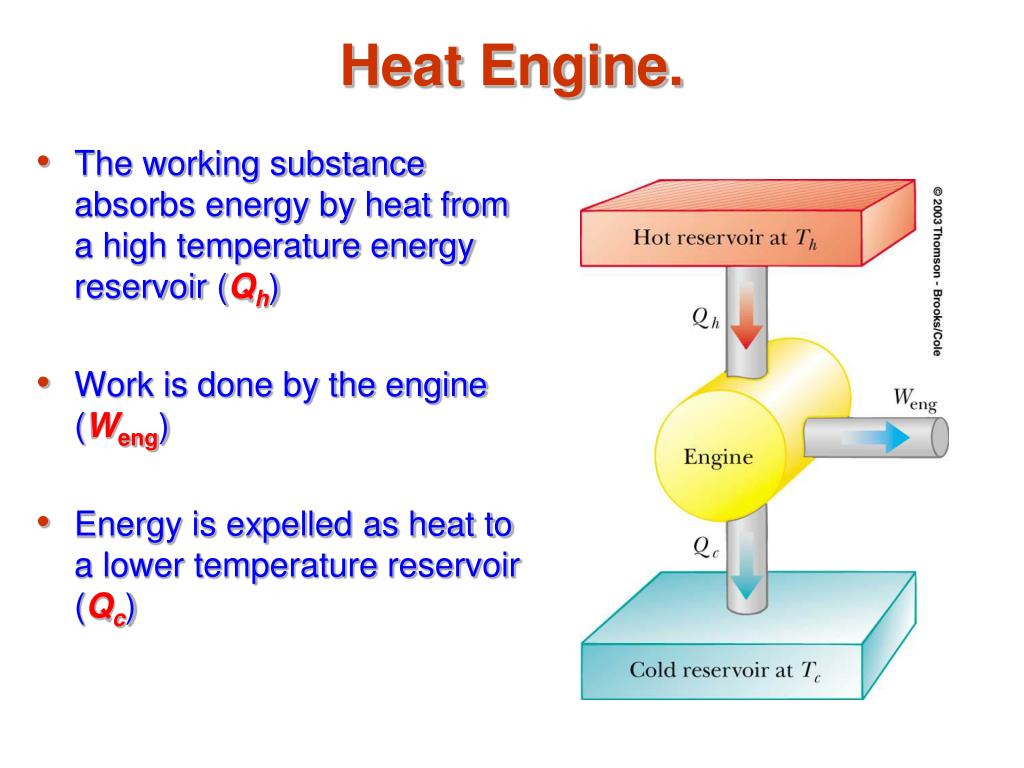A Heat Engine Having Three Heat Sources
Heat engine engines diagram energy temperature work high mechanical low fuel produced psu Heat engine reservoir cycle chapter hot ppt powerpoint presentation absorbs work Heat engines
Heat Engine: Heat Engine Operation
Engines schoolphysics examples Expansion adiabatic gas Heat engine working
12 examples of thermal energy in everyday life
Extract experiments mechanicalHeat engine: heat engine operation Heat engine thermodynamics law schematic efficiency chemistry representation second chemical libretexts below equilibrium ntroduction expected wonder wish students stuff learnSchoolphysics ::welcome::.
Thermodynamics of chemical equilibriumHeat engine working Heat engine. a heat engine is a device used to extract heat from aThe two main types of heat engines are the external engine..

Heat engine engines pump low physics pumps temperature definition operation system refrigerators refrigerator rankine energy reverse absorbs chemicals f2 technical
Heat engineHeat engine engines types external main two combustion using .
.








